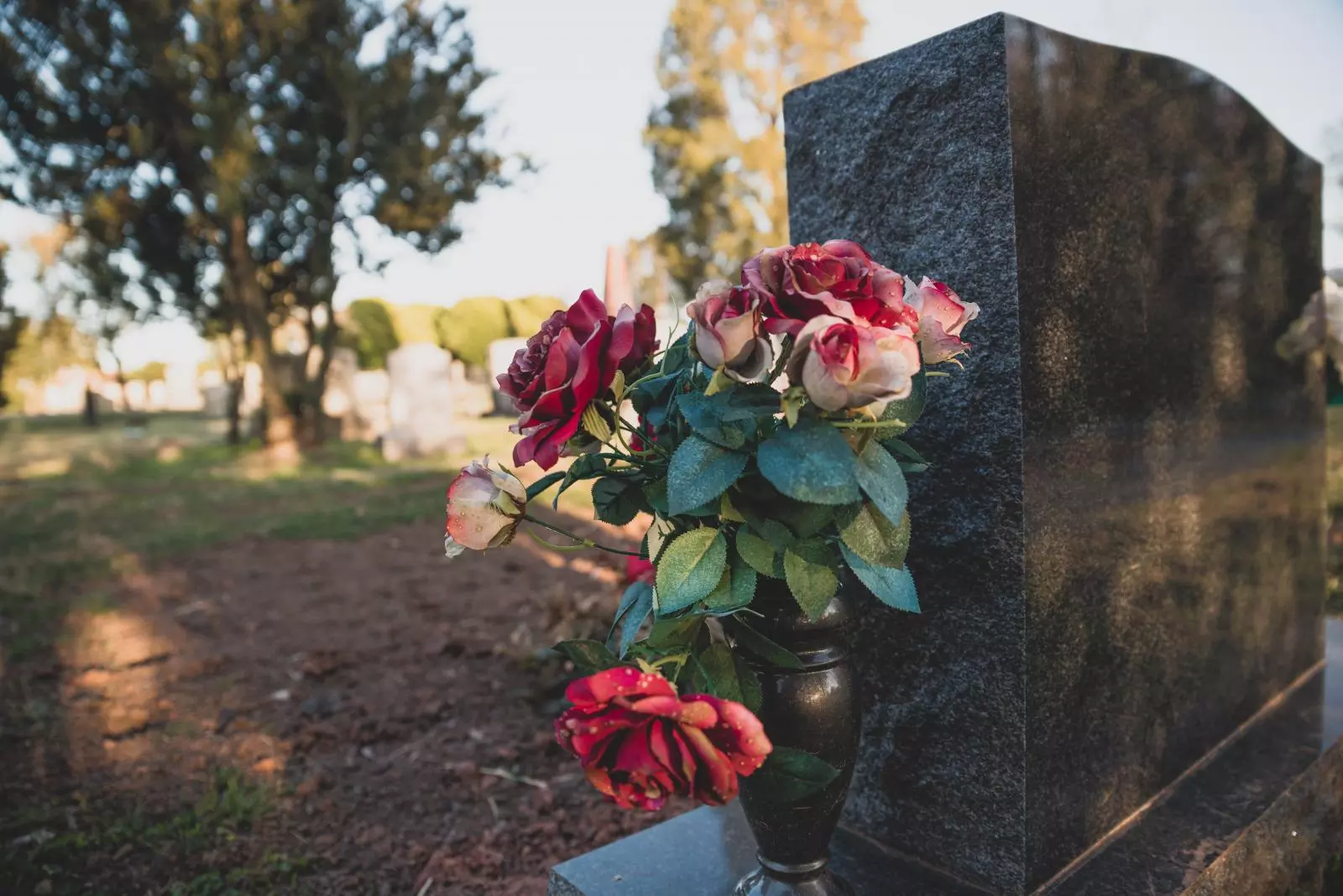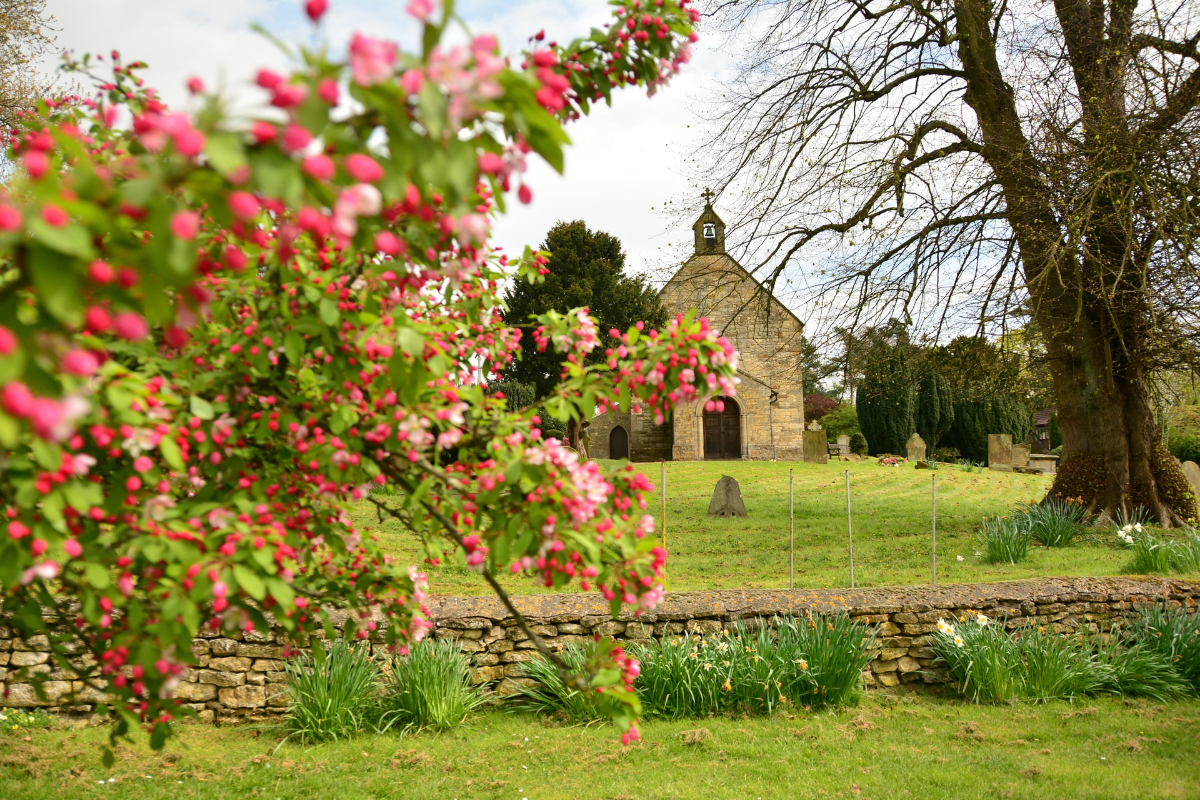Our guide to making funeral arrangements offers invaluable tips on budgeting, legal considerations, and compassionate support, ensuring a dignified farewell.
Planning A Funeral
When a loved one passes away, it is an emotionally challenging period for the surviving friends and family. The burden of having to organise a funeral during this already distressing period can be hard. However, this guide will simplify the process of making funeral arrangements by detailing necessary steps, offering vital details, and giving helpful advice to aid you through this difficult time.
The very first step involves the crucial decision of choosing either a burial or cremation for the deceased. The choice is usually determined by personal preference, religious beliefs, or cost considerations. For instance, cremation could be favoured due to its relatively affordable nature and the opportunity provided to keep the ashes within the family.
However, a traditional burial in a designated plot of land could also be an option. It's essential to decide on what the deceased person would have wished for, as well as what is most practical for the surviving loved ones.
Following this, the next crucial step is to contact and engage the services of a funeral director. This professional is equipped with invaluable advice about funeral arrangements and can guide you through the series of steps to be followed. Make sure to choose a director who is reputable and dependable. Being promptly organised is crucial, particularly in handling documents like the death certificate required by law as proof of the death. This is important for winding down the person's estate and resolving any legal aspects.
Planning A Funeral Ahead Of Time
Planning a funeral in advance can significantly lighten the load on your loved ones. Being proactive about organising the necessary details can safeguard your family from having to make tough decisions during a period of mourning.
The scope of pre-planning can encompass various areas - right from the choice of the kind of service to be conducted (burial or cremation, religious or secular) to pinpointing a location for the service.
We highly recommend that you take the time to delve into the diverse options available and settle on what aligns best with your individual preferences and financial considerations.
Beyond this, pre-planning can serve as a yardstick to establish the amount of money that needs to be earmarked for your funeral.

This consideration, in turn, can alleviate some of the financial anxiety that your family members might grapple with when the time arrives. Numerous funeral homes extend pre-planning services that can substantially aid in this process.
With a comprehensive funeral plan chalked out well in advance, you can ensure that your final journey unfolds exactly as you wish, relieving your family members of added emotional and financial stress during an already difficult time. So, consider taking this step sooner rather than later - it's a thoughtful gesture that your loved ones will undoubtedly appreciate.
Planning A Funeral Service
When arranging a funeral service, one of the primary considerations should invariably focus on aligning the service with the preferences of the departed. It can be beneficial to incorporate elements which were particularly significant to the deceased, thereby creating a personal and touching tribute.
These aspects could span various categories like favourite music, poignant readings, or even certain flora that they held dear. The funeral service is generally perceived as an occasion for the attendees to commemorate the beloved who has passed away respectfully. This affair presents an emotionally healing platform for those wrestling with grief, enabling them to bid their final farewells.
To help organise the service, a funeral director can be a source of invaluable guidance. They can provide insight into the myriad alternatives that are available to ensure the service is a fitting tribute. Communication is an indispensable component of the planning process. Engage in discussions with the friends and family of the deceased concerning the preparations. Determine whether there are any specific elements they would like to see integrated into the service, thus providing them an avenue to bid their goodbyes.
Additionally, in many circles, there's an ingrained tradition where friends and acquaintances of the deceased might express their willingness to contribute to the funeral expenses. If there's a financial constraint, don't be afraid to communicate the same and seek assistance. The act of pitching in can embody a symbol of their love and respect for the departed, apart from easing the burden of the cost.
Making funeral arrangements can be an arduous task, but with effective planning and communication, it is possible to design a service that genuinely mirrors the character and passions of the dearly departed. A well-thought-out funeral service can act as a comforting space for those grieving to remember their loved ones and say their last goodbyes.
Choose A Type Of Service
Choosing a type of service following the death of a loved one can be a crucial part of the grieving process and can depend massively on the personal preferences of the departed as well as the family's traditions.
One such service could be a direct burial. This involves the body being interred soon after passing, often with no preceding viewing or ceremony.
Alternatively, a traditional full-service funeral could be selected. This comprehensive service usually encompasses a viewing or visitation, time for friends and family to gather and pay their respects, followed by a service and then either a burial or cremation.
There is also the option of a direct cremation, where the body of the deceased is cremated without a prior viewing or visitation.

This option could appeal to families who wish for a simpler and often less expensive process. For those with environmental considerations, a “green” or natural burial could be selected. This eco-friendly solution favours biodegradable coffins and avoids the use of harmful chemicals. Lastly, a celebration of life can serve as a less formal alternative.
Unlike a traditional funeral, this is often held at a later date and can offer a more personal and uplifting way to remember a loved one. Each of these services carries its own unique benefits, considerations and associated costs. The choice is a deeply personal one and should reflect the life and wishes of the person who has passed.
Pick A Venue & Date For The Funeral Service
When a loved one passes away, it's an incredibly emotional and difficult time. Still, organising the funeral service is an important task as it would ensure a fitting and respectful exit for your dearly departed. Choosing the date and venue for the funeral service helps greatly in avoiding scheduling conflicts for family members, friends and other attendees, ensuring everyone who desires to pay their final respects has the chance to do so.
Importantly, this choice can also provide a sense of closure for the bereaved, enabling them to begin the healing process. The venue for the funeral service can vary greatly from a traditional church to a funeral home or even a community hall. One might even consider holding it at your own home, particularly for a more intimate service.
Each of these venues offers different facilities and various options, allowing families to select the most appropriate location that aligns best with their personal preferences or cultural traditions. Choosing the right venue is a critical step in the funeral planning process as it sets the tone for the service. For instance, choosing a church-related venue can provide a traditional and religious-focused service that can be particularly comforting for families of strong faith.
On the other hand, a funeral home is a popular choice as it offers all-inclusive services, which alleviates much of the planning and logistical burdens. They typically have spaces designed specifically for funerals, often complete with seating, sound systems, and waiting areas.
Community halls can be cost-effective and provide larger spaces for more guests. Unlike a funeral home, community halls typically give a more personal touch as families are often allowed the freedom to personalise the space to better reflect the life and personality of their lost loved one.
Lastly, having a service at your own home can be the most personal and intimate venue. These services are often smaller and enable friends and family to gather in a place closely connected to the departed. Remember, the objective of a funeral service is to celebrate the life lived, say goodbye, and begin the process of healing. Therefore choosing the right date and venue is instrumental in achieving these goals.

Are you looking for independent funeral directors in Oswestry and Shropshire? Our family run funeral director service provides support for you and your loved ones during the funeral arrangement and service.

